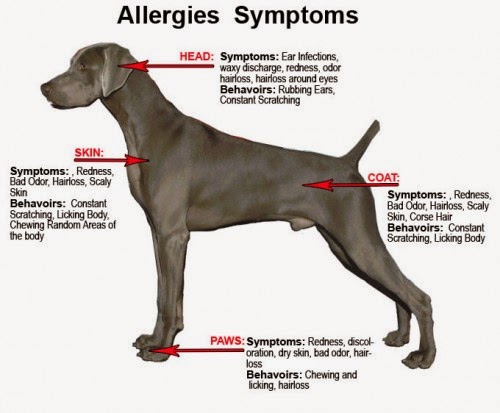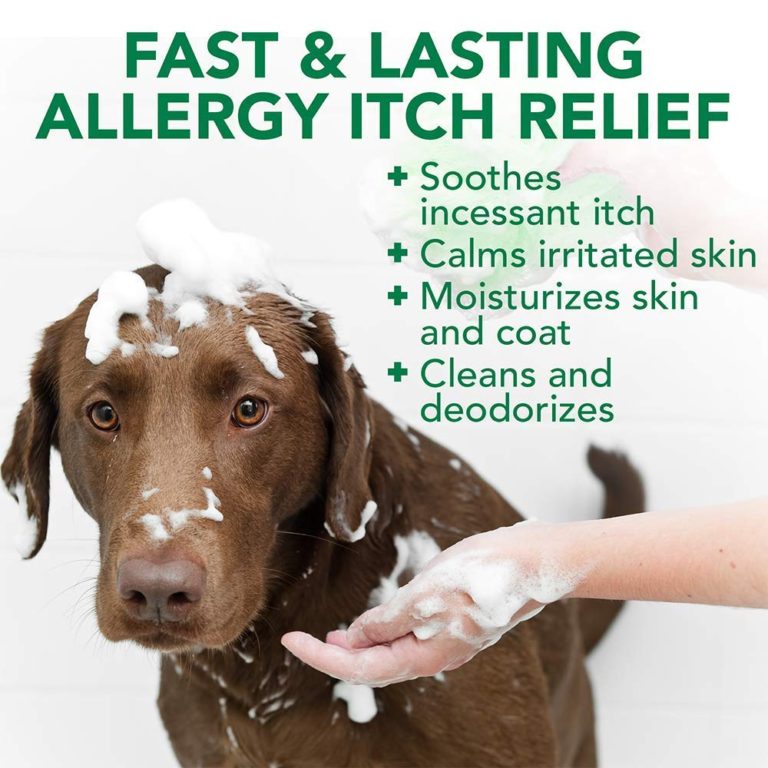
Other nutritional options include adding supplements to your dog’s diet like fish oils that have anti-inflammatory properties to curb your pet’s itchiness. Some diets are specially formulated to help reduce your dog’s allergic reactions. Using nutrition to combat your dog’s allergies is another option. Using Nutrition to Help with Your Dog’s Allergies Both of these options could cause some side effects, so be sure to talk to your veterinarian about how these could affect your dog’s health. Apoquel, meanwhile, is a daily oral medication. Cytopoint is an injection given by your veterinarian that can last for 4-8 weeks. Some medications such as Cytopoint and Apoquel attack the itchiness as it’s source, blocking the nerve receptors that trigger itchy skin. Therefore, we may need to turn to other management options involve antihistamines and anti-itch medications that help to control the itch. Yet, an accurate allergy test is essential for this therapy to work, and not all allergies are so easily tested for or identified. This type of therapy also has little to no side effects and so is safe for most pets of any age. If your pet has gone through allergy testing, your veterinarian may be able to create an allergy shot that, when given to your pet over time, slowly reduces the severity of their reaction. Managing Your Dog’s Allergies in Broward County, FLĪllergies cannot be cured, but they can be effectively managed with the right kind of treatment.
#Allergy medicine for dogs skin skin#
Skin allergy testing is a bit more reliable and is often run by a veterinary dermatologist for expert results. To confirm allergies and even discover which specific allergen your dog reacts to, it’s possible to run a blood or skin allergy test. Ruling out more serious conditions allows us to hone in on the allergies, and begin forming a treatment plan. The symptoms of allergies are very similar to other, more serious conditions, so the first thing to do when diagnosing allergies is to rule these out! Your veterinarian in Broward County will perform diagnostic work-ups including blood work, a physical exam, and skin tests to ensure your pet’s itchy skin is not the result of disease.

Diagnosing Seasonal Dog Allergies in Broward County, FL Discharge and an unpleasant odor from the skin are typical signs of an infection. If your pet’s itchiness is more severe, their obsessive scratching could lead to more problems including fungal or bacterial skin infections. Some signs of pet allergies might include: Seasonal allergy symptoms in dogs generally include itchy skin, but respiratory symptoms can also make an appearance. Recognizing Dog Seasonal Allergy Symptoms Symptoms pop up any time your dog comes in contact with the allergen-often seasonally. This causes a range of symptoms that, for dogs, usually manifest as skin issues. Just as in humans, an allergy response in dogs is the result of the immune system overreacting to an allergen. In order to properly deal with your dog’s allergies, it’s important to understand what allergies are, what symptoms to look for, and your pup’s treatment options, too. Finding relief for dog seasonal allergies can involve a few different trails and errors to discover the right treatment that works for your dog.

The itching can vary from mild to severe, with some dogs scratching themselves raw.


Dog allergy symptoms in Broward County, FL are often skin-related, including flaky, dry skin and itchiness. Dogs can develop seasonal allergies, too, but their symptoms are usually a little different. And unfortunately, allergies don’t only affect us. In our warm Florida climate, it can seem as though allergy season is all year round.
#Allergy medicine for dogs skin how to#
How to Deal with Dog Seasonal Allergies in Broward County, FL


 0 kommentar(er)
0 kommentar(er)
